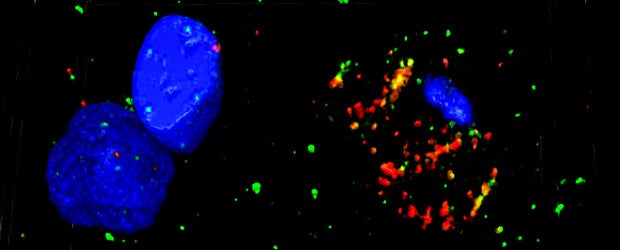
The principal goal of the C. Edward Dixon Laboratory is to conduct research leading to improved care of TBI patients.
The Lab seeks to achieve this goal by:
- Conducting mechanistic research on TBI pathophysiology
- Developing clinically-relevant animals models
- Screening novel therapies
- Training the next generation of TBI scientists
- Maximizing trans-disciplinary collaborations
- Translating treatment strategies for clinical evaluation.
Mechanistic
- Effects of TBI on striatal DA signaling.
- Effects of TBI on SNARE proteins
- Effects of repetitive closed head impact mild TBI in rats
- Transgenics
Screening
-
Operation Brain Trauma Therapy (OBTT)
-
Behavioral Outcomes Core
- DHA and fish oil
- Memantine
- Lithium
- Industry Sponsored Pharmaceutical Screening
Modeling
- Mild TBI models
- Military relevant models for TBI
Training Opportunities
Opportunities for undergraduates:
- Research for course credit
- Summer CNUP program
- Work study
Opportunities for Graduate student mentorship:
- Research rotations
- Thesis committees
On an individual basis, graduate students may rotate through the Dixon Lab.
Postdoctoral training is possible if funds are available. Open positions are posted on the University of Pittsburgh Human Resources webpage.
Techniques in use in the Dixon Lab include, small animal surgery, histopathology, immunoblots, immunohistochemicel, confocal microscopy, behavioral analysis of functional deficits after experimental TBI. Training is also available via collaborative projects.
Team
Tara Byrne, MS
Cassandra Berkey
Shaun Carlson, PhD
Sherman Culver
Jeremy Henshar
Youming Li
Michelle Ma, MD
Margaret Young
Funding-Linked Collaborators
Hulys Bayir, MD
Corina Bondy, PhD
Robert Clark, MD
Ashley Fortress, PhD
Steven Graham, MD, PhD
Milos Ikonokovic, MD
Anthony Kline, PhD
Patrick Kochanek MD
David O. Okonkwo, MD, PhD
Ava Puccio, PhD
Amy Wagner, MD
